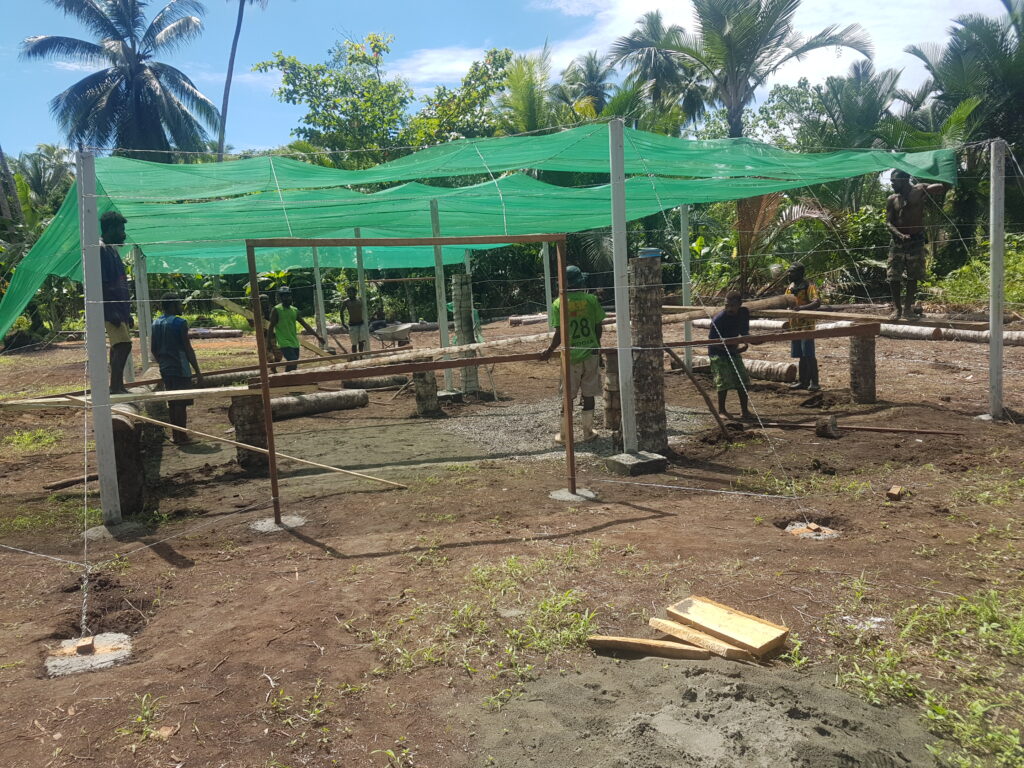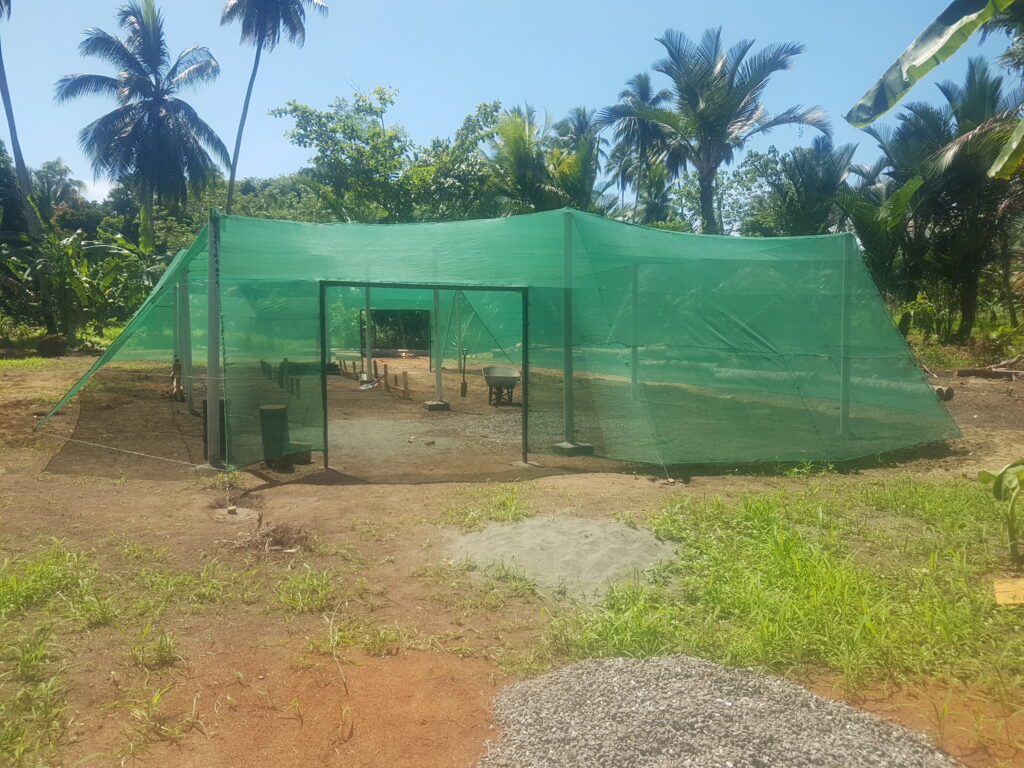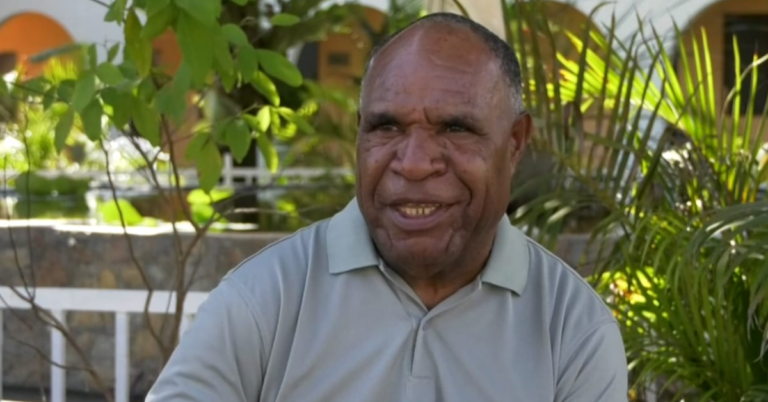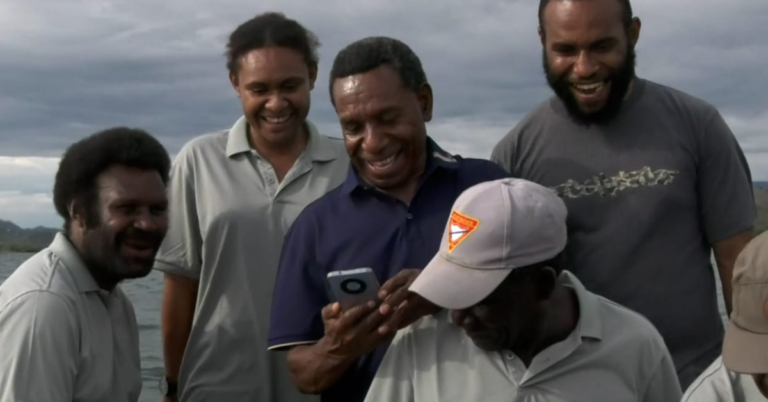Climate Change and the rise in sea level is very concerning, the devastation caused to the Coast line is inevitable. The rural population in Papua New Guinea cannot cope with the loss of their coastline and the threat to their eco system.
But what can Papua New Guineans do but take the lead in mitigating the effects of climate change? The Hansa bay area in Bogia District Madang Province is losing it’s coast line and the inhabitants are struggling to keep their marine eco system intact for future generations.
Hamex Rupia is from Southern Highlands Province but has built a livelihood and found a home in the Hanasa Bay area, along Bogia District in Madang Province. He has become a part of the community and he is one of the members in the community that has stood up to help mitigate the effects of climate change.
His organization, GTEN Fundraiser Network Inc, is leading the way in the Hansa Bay mangrove nursery and planting. He says communities have taken the initiative to start planting mangroves to help protect their coastline from the rising tides.
Mangroves provide natural infrastructure to help protect nearby populated areas by reducing erosion and absorbing storm surge impacts during extreme weather events. They are also important to the ecosystem as their dense roots help bind and build soils.
Hamex and his community through the GEF Small Grants funding administered by the UNDP, started a nursery of mangrove plants, up to 10,000 mangrove plants are at their green house, and are slowly maturing. Hamex says they will wait for the second part of funding before they can do transplanting of the mangrove plants.

The community has struggled to get a decent catch close to their coastline, and are hoping for changes when the mangrove project is in full swing. They hope more fish will come thanks to the Mangroves that will cover the coastline.
There are also war relics and burial sites from World War II, which the community say has been under threat by rising sea levels. Hamex said some of the war relics have been destroyed by the sea. The community sees this as a Eco Tourism project. Hamex added that the PNG Tourism Promotion Authority has funded restoration of some of the War relics in the Hansa Bay area.
Hamex says they look to benefit from changes in their eco system as well in future.



